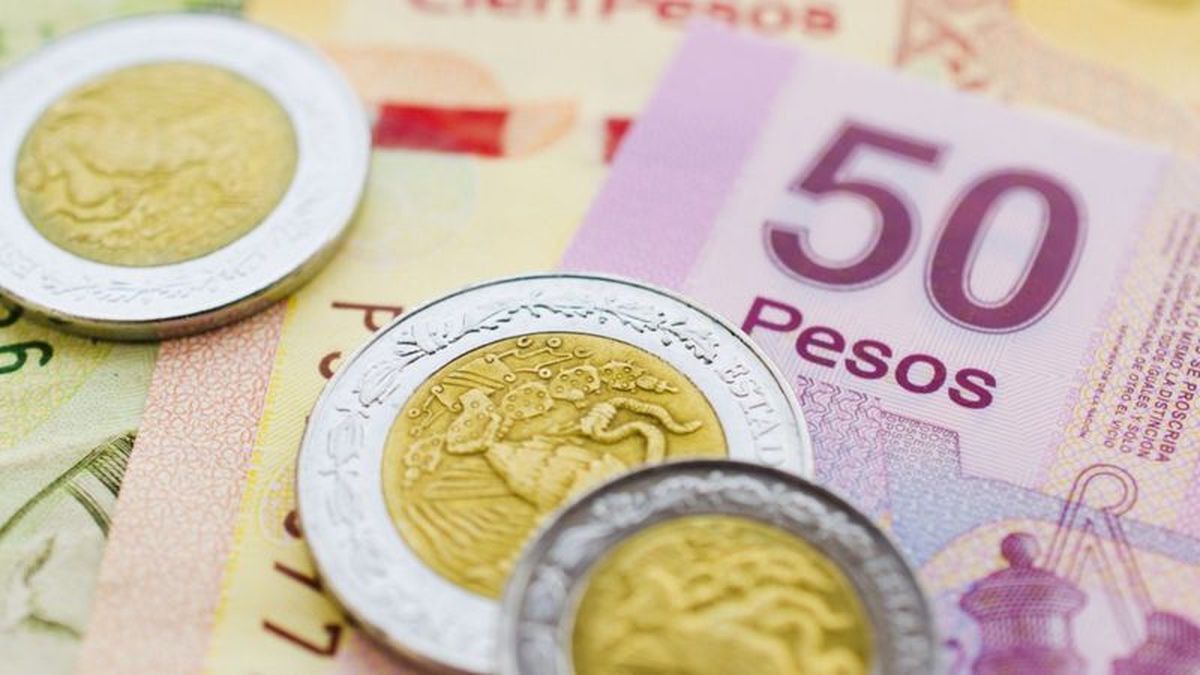The Mexican peso had its largest devaluation in 18 years since the exchange rate in the second largest Latin American economy experienced a increase of 23.3% to end 2024 at 20.90 units per dollar. This Tuesday, December 31, the currency depreciated 1.3%.
“The Mexican peso has not depreciated so much in a year since 2008 (26.72%), when the financial crisis in the United States began. In 2024, the large depreciation of the peso se was due to the approval of constitutional reforms in Mexico and the return of Trump to the White House”explained Gabriela Siller Pagaza, director of Economic-Financial Analysis at Grupo Financiero Base.
This, added to the also significant devaluation of the Brazilian real, They put pressure on the dynamics of the dollar in Argentinawhere the exchange rate is experiencing its greatest delay since 2015.
A few hours before 2025 begins, The outlook does not look encouraging for Mexico due to several factors. Among them, the possible tension in the trade relationship with the United States under the presidency of Donald Trump, the rate differential with the United States and Japan, geopolitical uncertainty, the slowdown of the Chinese economy and a climate of generalized risk aversion stand out.
The Brazilian real exhibited its biggest drop since the pandemic
Along the same lines, the Brazilian real suffered its biggest drop since 2020, depreciating 27.4%. The Brazilian currency closed on the last trading day of the year with a price of 6.1787 reais per dollar for both sale and purchase.
The depreciation of the real in 2024 was the largest since 2020 (-29.33%), when the currency felt the negative effects of the stoppage of activities caused by the Covid pandemic, and the second highest since 2015 (-48.3%), when, in the midst of the political crisis that ended with the dismissal of President Dilma Rousseff, Brazil suffered two years of recession.
According to the consulting firm Austin Rating, with a depreciation of 27.35% in 2024, The real was the currency that lost the most value this year among those of the G20 countries (largest economies in the world) and the sixth in the world, only surpassed by South Sudan (-72%), Ethiopia (-56.5%), Nigeria (-41.7%), Egypt (-39.2%) and Venezuela ( -30.8%), highlighted EFE.
Source: Ambito
I am a 24-year-old writer and journalist who has been working in the news industry for the past two years. I write primarily about market news, so if you’re looking for insights into what’s going on in the stock market or economic indicators, you’ve come to the right place. I also dabble in writing articles on lifestyle trends and pop culture news.




